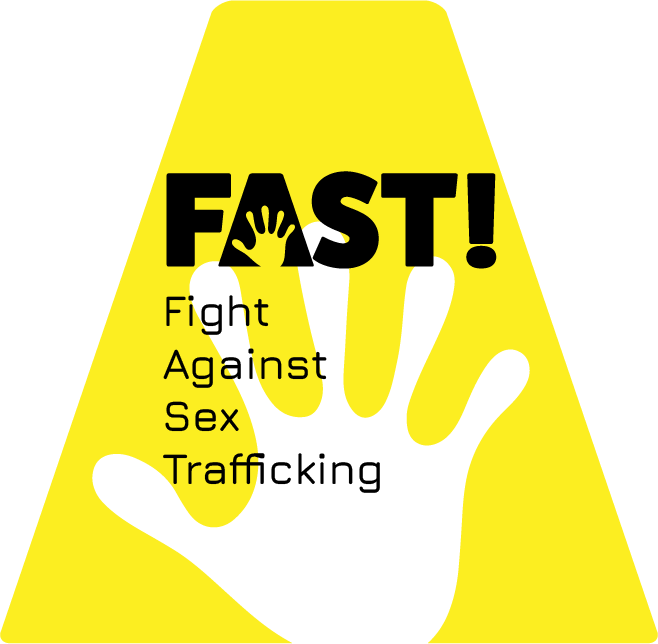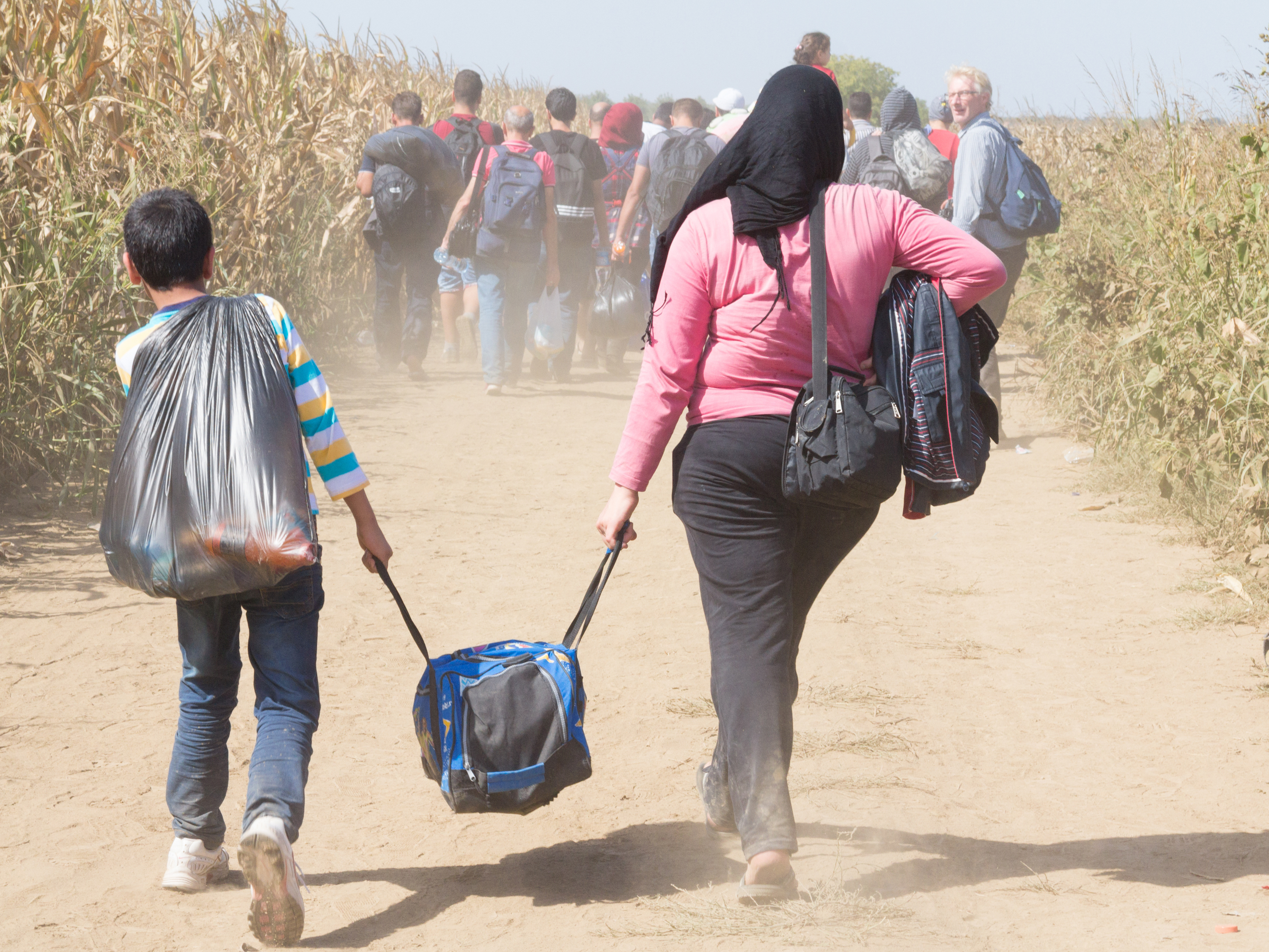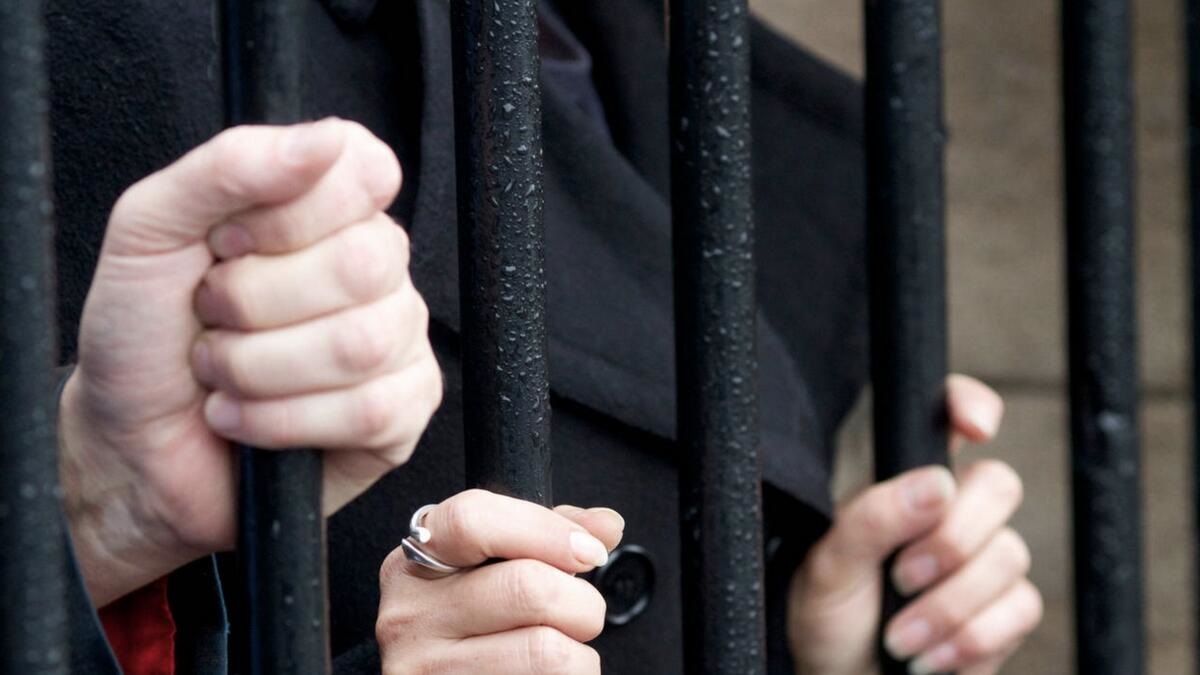SDGs, climate justice vital for stopping human trafficking: UN expert says. The heightened risks of trafficking in the context of climate change are rooted in existing and persistent inequalities, in poverty, in racism, and in discrimination. These heightened risks and vulnerability to exploitation are not inevitable or fixed, nor are they inherent in the human condition. They arise from policy failures. Failures of political will and failures of international cooperation and solidarity” said the UN special rapporteur on trafficking in persons.
In July 2020, the UN Human Rights Council designated Ms. Siobhán Mullally as the Special Rapporteur on trafficking in persons. This with a particular focus on women and children. Her main responsibility is to spearhead efforts to prevent all forms of human trafficking and to advocate for measures that safeguard and uphold the rights of its victims. Additionally, Ms. Siobhán Mullally holds the esteemed position of Established Professor of Human Rights Law. And she serves as the Director of the Irish Centre for Human Rights at the prestigious School of Law, University of Galway.
On the World Day Against Trafficking in Persons, Siobhán Mullally, conveyed the following statement:
“The stagnation and reversal of progress on more than half the Sustainable Development Goal targets has serious implications for global peace and security. The consequences of failure to achieve the sustainable development goals include failures of prevention, protection and accountability for victims and survivors of human trafficking.
Human Rights protection lies at the heart of achievement of the SDGs. Including access to justice, food security, gender equality, just and fair conditions of work, ending child labour, equal access to education, just transitions and climate justice.
The uneven suffering created by the effects of climate change ranks among the greatest injustices of this world. As is recognized in the New Agenda for Peace. This suffering includes increased risks of all forms of trafficking in persons.
SDGs, climate justice vital for stopping human trafficking: UN expert says
The heightened risks of trafficking in the context of climate change are rooted in existing and persistent inequalities. They are rooted in poverty, in racism, and in discrimination. These heightened risks and vulnerability to exploitation are not inevitable or fixed, nor are they inherent in the human condition. They arise from policy failures, failures of political will and failures of international cooperation and solidarity.
Gender inequality and systemic discrimination shape the experiences of climate-related disasters, displacement and migration. This also increases the negative impact of climate change. Such inequalities overlap with and reinforce existing experiences of discrimination. Including on the grounds of disability, race and ethnicity, migration status, age, religion and poverty.
Climate-induced loss of livelihoods. Income reduction or deterioration of working conditions in the agricultural sector have particular implications for rural women. Socioeconomic inequalities experienced can be seen as a result of intersecting dynamics. Such result is discrimination. This is including on the grounds of race or ethnicity or migrant or disability status. This is worsening conditions for women living in poverty, women with disabilities, older women and girls.”
Read full statement here.



